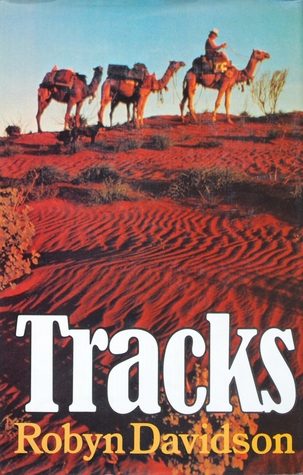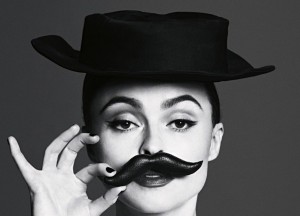 I’m knee-deep in writing a review of the film Tracks but had to share a passage from Robyn Davidson’s eponymous book, which doubles as a brilliant anthem for electively loner ladies everywhere.
I’m knee-deep in writing a review of the film Tracks but had to share a passage from Robyn Davidson’s eponymous book, which doubles as a brilliant anthem for electively loner ladies everywhere.
I had always supposed that loneliness was my enemy. I had seemed not to exist without people around me. But now I understood that I had always been a loner, and that this condition was a gift rather than something to be feared. Alone, I could see more clearly what loneliness was. For the first time it flashed on me that the way I had conducted my life was always to allow myself that remoteness, always protect that high, clear place that could not be shared without risking its destruction. I had paid for this over and over with moments of neurotic despair, but it had been worth it. I had somehow always countered my desire for a knight in shining armor, by forming bonds with men I didn’t like, or with men who were so off the air that there was no hope of a permanent relationship. I could not deny this. It lay, crystal clear, beneath the feelings of inadequacy and defeat, the clever, self-directed plan that had been working toward this realization for years. I believe the subconscious always knows best. It is our conditioned, vastly overrated rational mind which screws everything up.


